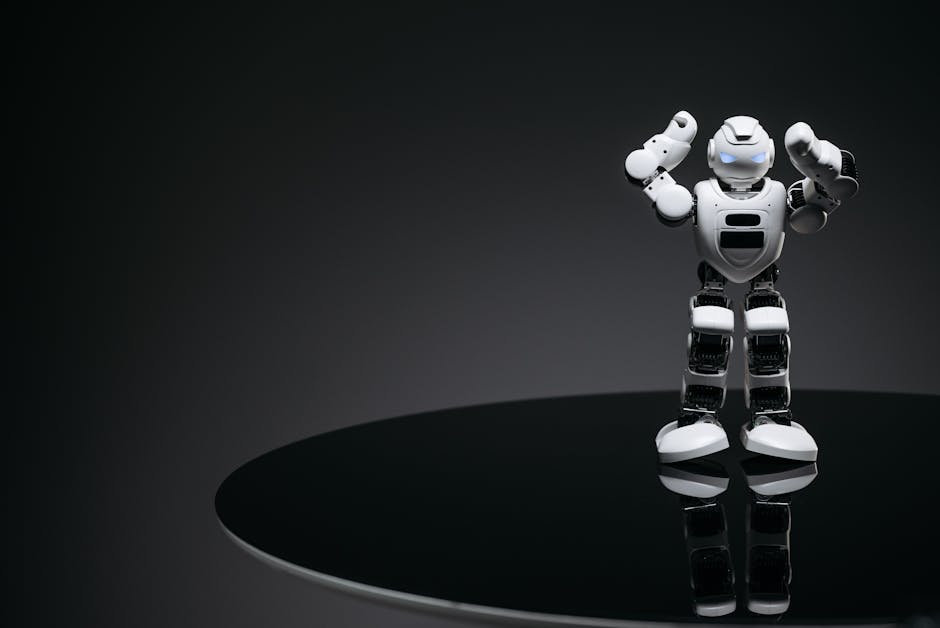Artificial intelligence (AI) and automation are no longer futuristic concepts; they are quietly, yet powerfully, reshaping our daily routines. From the moment we wake up to the time we go to bed, AI and automation systems are subtly influencing our experiences, often without us even realizing it. Understanding this pervasive influence is crucial to navigating the rapidly evolving technological landscape and harnessing the benefits while mitigating potential drawbacks.
The AI-Powered Morning Routine:
Your day likely begins with an interaction with AI. Smart alarm clocks, leveraging AI algorithms, analyze your sleep patterns to optimize wake-up times, promoting better rest and productivity. Next, your personalized news feed, curated by AI-powered recommendation systems, presents you with information tailored to your interests and preferences. Even the traffic navigation app guiding your commute utilizes AI to predict traffic flow and suggest the fastest route, saving you precious time.
AI at Work and Play:
The workplace is undergoing a significant transformation driven by AI and automation. AI-powered tools assist professionals in various fields, from automating repetitive tasks to providing data-driven insights. Marketing professionals leverage AI for targeted advertising, customer relationship management (CRM) systems use AI for predictive analytics, and even medical professionals use AI-assisted diagnosis tools. Outside of work, AI powers entertainment recommendations on streaming services, personalizes online shopping experiences, and even helps us control our smart homes.
The Smart Home Revolution:
The “smart home” concept is rapidly gaining popularity, with AI and automation at its core. Smart speakers, controlled by voice assistants powered by natural language processing (NLP), allow us to control lighting, temperature, and appliances with ease. Smart thermostats learn our preferences to optimize energy consumption, leading to cost savings. Automated security systems utilize AI-powered object recognition to detect intruders and alert homeowners. These are just some examples of how AI and automation are transforming our homes into more convenient and efficient environments.
The Ethical and Societal Implications:
While the benefits of AI and automation are undeniable, it’s vital to address the ethical and societal implications. Concerns around job displacement due to automation are legitimate and require proactive solutions, such as retraining programs and exploring new job opportunities created by this technological revolution. Data privacy and security are also critical issues, especially with the increasing amount of personal data collected and processed by AI systems. Addressing algorithmic bias is essential to ensure fairness and equity in the deployment of AI-driven technologies.
The Future of AI and Automation in Daily Life:
The future holds even greater integration of AI and automation into our lives. We can anticipate advancements in personalized healthcare, autonomous vehicles, and more sophisticated smart home systems. However, responsible development and deployment of these technologies are paramount. Ongoing dialogue and collaboration between researchers, policymakers, and the public are necessary to ensure that AI and automation serve humanity’s best interests.
Keywords: Artificial intelligence, AI, automation, smart home, daily life, technology, future of technology, ethical implications, AI ethics, job displacement, data privacy, smart devices, voice assistants, machine learning, deep learning, natural language processing, NLP, predictive analytics, personalized experience, automation benefits, AI in the workplace.


